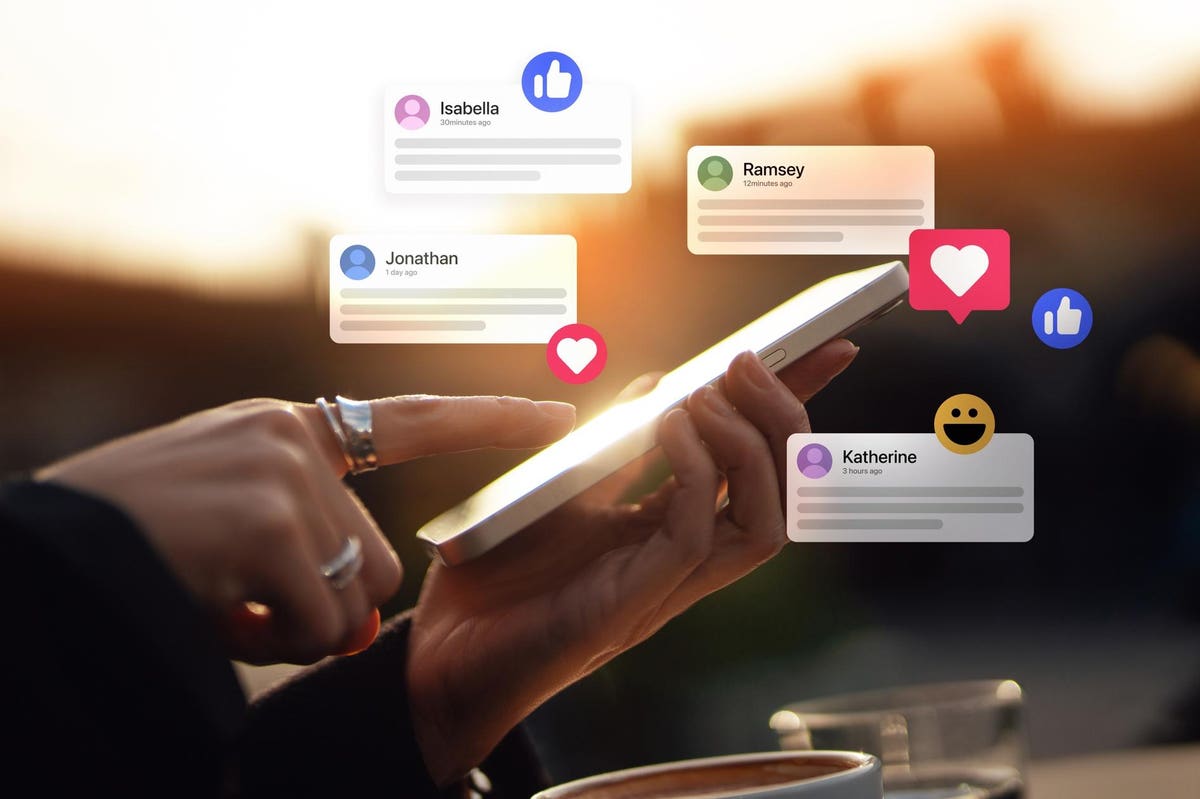Founder and CEO of JMG Public Relations, an award-winning PR firm for innovators and their mission driven startup companies.
Pop culture encompasses trends, practices, ideas, beliefs, images and things that many people in society embrace and share. And it has a big impact on our overall culture. From music, film and TV to fashion, literature and social media, pop culture is constantly evolving. It’s shaped by both mainstream media and grassroots movements, serving as a reflective window into these intricate dynamics.
Enter public relations (PR). The dynamic combination of public relations and pop culture allows businesses and brands to leverage the widespread appeal and influence of popular trends while harnessing the power of PR to enhance public image, connect with target audiences and, ultimately, achieve communication goals.
In marrying PR and pop culture, brands can tap into the emotional connections and social conversations generated by pop culture phenomena. By leveraging cultural trends effectively, PR professionals can craft campaigns that garner heightened attention and establish meaningful connections with their clients’ desired audience. Here are 10 key intersections of PR and pop culture:
1. Strategic Partnerships And Collaborations
PR campaigns include collaborations that span from celebrity endorsements to co-branded events. These partnerships not only tap into the celebrity’s fan base and sphere of influence but also amplify visibility and cultivate advantageous alliances.
2. Trends And References
By staying attuned to what’s popular, public relations professionals can make their messaging more relatable and engaging. Incorporating current pop culture trends and references into PR campaigns reflects a keen understanding of the audience’s interests and creates a narrative that speaks directly to them.
3. Product Placements And Integrations
Strategically placing a product within pop culture, be it in a TV show, movie or music video, amplifies visibility and forges a seamless connection with icons of the cultural landscape. Such artful placements foster organic exposure and elevate brand recognition through a natural association.
4. Viral Challenges And Trends
Creating public relations campaigns that take advantage of viral challenges, hashtags or internet trends to amplify a brand’s message allows brands to tap into the social media-driven nature of pop culture. By strategically aligning with these online trends, brands can seamlessly integrate their messaging into the conversations. This strategy can also help position the brand as an active participant in the online dialogue, further expanding its reach.
5. Event Sponsorship And Participation
Aligning with pop culture events such as award shows, music festivals and fan experiences can all help brands gain exposure and connect with their target audience in an authentic way. When brands participate in these popular events, they connect with the things their target audience loves. This makes the brand more visible and relatable, which creates a stronger bond with the brand.
6. Cultural Relevance And Commentary
Creating public relations campaigns that address or comment on current pop culture phenomena demonstrates a brand’s awareness and engagement with the world around them. This type of engagement can help position a brand as culturally relevant as well as in tune with what’s currently happening with today’s societal trends.
7. Influencers And Micro-Celebrities
In addition to establishing partnerships with traditional celebrities, PR campaigns can engage micro-celebrities and niche influencers who have a strong following within specific pop culture groups. Influencers are a powerful tool in PR campaigns. They make it possible for brands to create authentic connections with their audience by leveraging relatable and trusted personalities. This allows for targeted outreach and a more personalized connection.
8. Fan Engagement
Pop culture generates passionate fan bases. Look at musicians like Taylor Swift. Her fans—better known as “Swifties”—have helped transform the singer into a global movement. The power of an artist’s fans can help shape culture and ignite unwavering devotion. PR campaigns can harness this enthusiasm by creating experiences, contests or content that resonate with fans and encourage their participation.
9. Storytelling With Cultural References
Incorporating pop culture references into brand storytelling can make the narrative more relatable and engaging. Think of it as weaving a tapestry of familiarity and resonance. This allows a brand can tap into the collective experiences and emotions of its audience while creating an even deeper connection.
Consumers also recognize and appreciate when a brand understands their cultural landscape, which creates a sense of belonging. As a result, the narrative becomes a powerful conversation, establishing a more interactive and engaging dialogue with the audience.
10. Social Issues
Pop culture often spotlights social issues and serves as a reflection of society. Through various mediums like music, movies, TV shows and art, it has the power to spotlight and address social issues in many ways. Whether by raising awareness, starting or normalizing conversations, inspiring action or influencing change, pop culture can highlight social issues and contribute to larger conversations.
When brands align their public relations efforts with relevant pop culture discussions to showcase their values and their commitment to contribute positively to society, they not only enhance their credibility and authenticity, but they also tap into a powerful avenue for connecting with their target audience on a more meaningful and deeper level.
Pop culture and PR campaigns work hand in hand, boosting brand appeal and societal involvement. Brands should embrace smart and fresh PR approaches inspired by pop culture while understanding their lasting influence on culture and business. This partnership creates permanent connections and leaves a remarkable impact on society.
Forbes Business Council is the foremost growth and networking organization for business owners and leaders. Do I qualify?
Read the full article here




